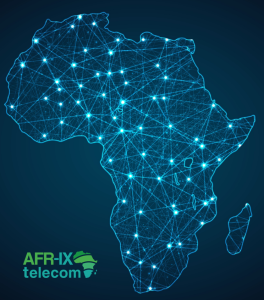The challenges of connectivity in Africa at Digital Infra Africa 2022
The Urgent Need for Improved Connectivity
In a globalized, digital economy, Africa remains a major connectivity challenge. The continent represents a significant opportunity for the telecommunications sector, including operators, fiber optics, and data centers. Companies like Meta and Google are addressing this need with major fiber optic submarine cable projects, such as 2Africa and Equiano. Equinix is also expanding in Africa by acquiring West African data center provider MainOne.
Insights from Digital Infra Africa 2022
Digital Infra Africa 2022, organized by Capacity Media, explored Africa’s digitalization challenges. The event, held on April 20-21, gathered over 350 companies from 80 countries. Key discussions included the role of submarine fiber optic cables and future steps to enhance Internet access and data flows.
Addressing Africa’s Urban-Rural Divide
Africa’s duality presents challenges for digital deployment. Urban centers like Lagos have high population densities, while rural areas face low densities and basic infrastructure issues. Addressing this urban-rural digital divide requires significant investment in electricity and connectivity infrastructure.
Landlocked Countries and Connectivity Needs
Many African countries are landlocked, complicating connectivity efforts. Major undersea infrastructure is not enough. A strong terrestrial network and local data centers are crucial. Adapting data centers to local needs and improving network resilience against signal drops are vital.
Regulatory and Infrastructure Challenges
Deploying infrastructure across diverse regulations can be complex. AFR-IX telecom suggests focusing on unlocking existing infrastructures funded by organizations like the World Bank. Simplifying processes and leveraging existing resources can aid development.
Bridging the Connectivity Gap
To bridge Africa’s connectivity gap, the industry must:
– Increase fiber penetration through terrestrial and submarine projects.
– Establish industry standards among regional operators.
– Collaborate with regulators for better regional and inter-country connectivity.
– Foster partnerships between data centers, content providers, and cloud operators.
– Boost international investment in the region.
By addressing these challenges, Africa can improve its digital landscape and better integrate into the global economy.
